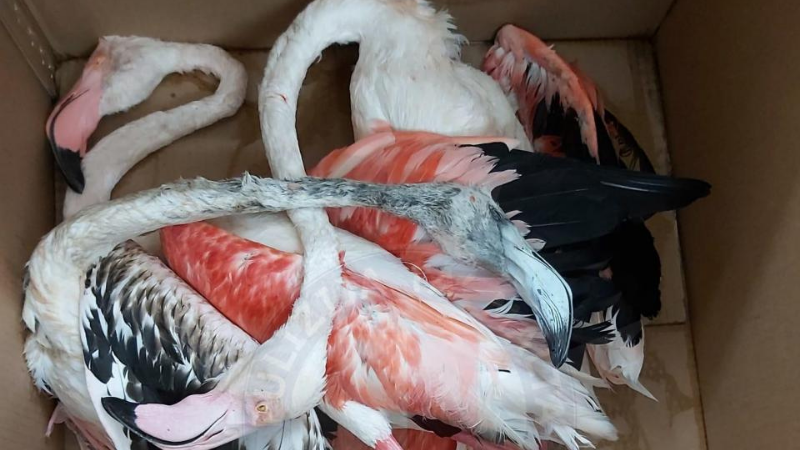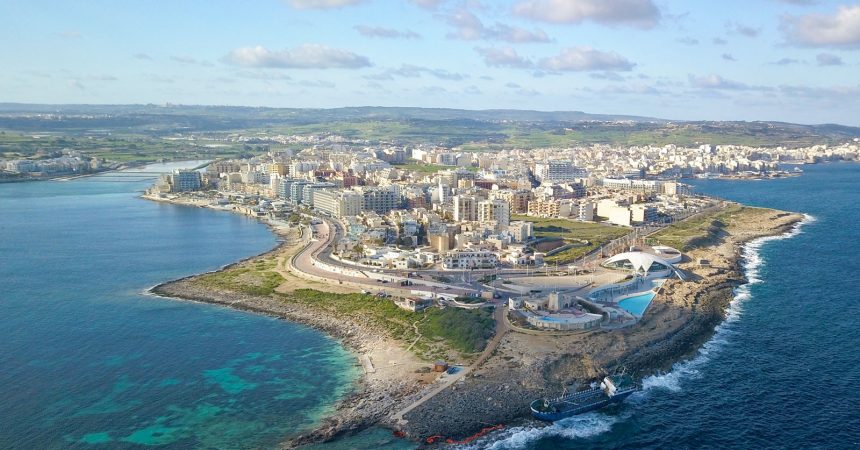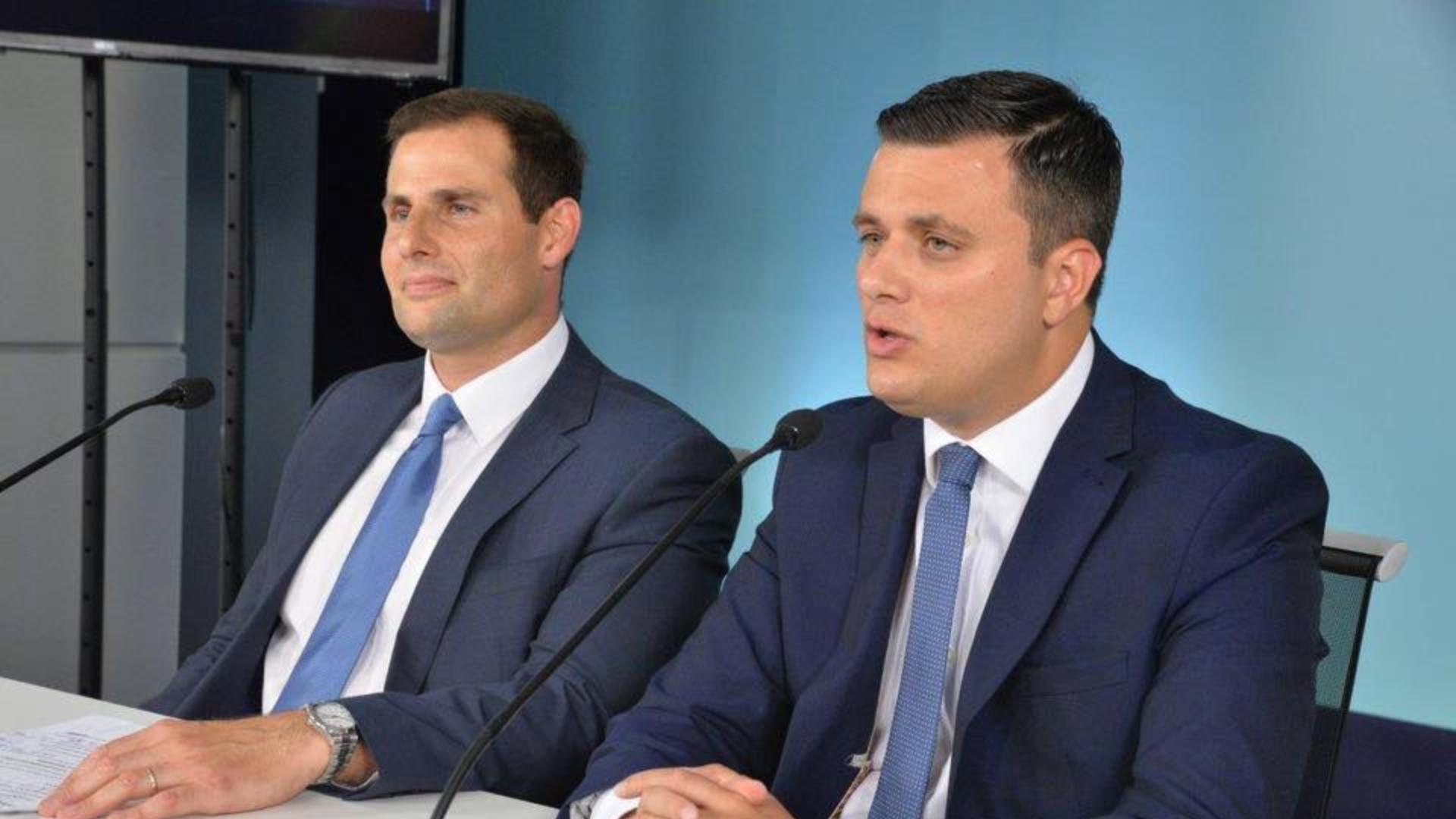The government’s decision to ban hunting at Qawra Point after four flamingos were shot dead in the area on 2 October has more to do with scoring political points than prioritising conservation, according to the former Chair of the Ornis Committee, the entity that oversees hunting practices in Malta.
Praise has been heaped on the government for its decision to ban hunting in the area after four flamingos were shot last weekend. Yet few are aware that the decision affects only a handful of hunters, minimising the impact of the decision on hunting votes in the lead up to an election while the government appears to be taking bold decisions in favour of the environment.
It is a process Mark Anthony Falzon describes as “legislation by spectacle”. He points out that the idea of banning hunting in the area was first proposed in 2016 – and shot down by the government.
“The legislation suggested for Qawra Point is deceitful,” Falzon told The Shift.
He explained that while the decision was the right one, real conservation efforts are not the result of knee jerk reactions to public outrage.
“The government shut down an effort to ban hunting at Qawra Point in 2016. It’s an open secret that the area is prone to illegal hunting carried out by a handful of hunters,” Falzon added. “The government’s decision to ban hunting at Qawra Point is right, but it’s not about the flamingos. This is just feeding off public outrage. This is not the way to do conservation.”
He also stressed the very real public safety issues associated with hunting in an area that is a popular swimming zone.

The flamingos shot at Qawra point. Photo: Malta police.
Minutes of the Ornis Committee meeting held on 2 November 2016 show the representatives of the hunters federation walked out after BirdLife Malta requested a vote to decide whether hunting in the area should be banned. The vote was lost because government representatives voted against the ban.
The proposal to ban hunting in the area was originally raised by an inspector working for the former Administrative Law Enforcement unit, now known as the Environment Protection Unit.
During the 2 November meeting, former FKNK president Joseph Perici Calascione had claimed “there was nothing illegal in what a handful of hunters were doing in the area for decades” and that “these persons have nowhere else to go and have been there forever”.
Falzon explained that the hunting that occurs at Qawra Point is mostly illegal as hunters are targeting sea birds that are protected, such as the flamingos last week.
BirdLife Malta had objected to the arguments by FKNK while citing conservation as well as health and safety issues caused by the site’s proximity to nature reserves as well as the frequent public use of the area.
Falzon compared Environment Minister Aaron Farrugia’s exploitation of public outrage to score political mileage to the decision taken by former prime minister Joseph Muscat in April 2015 to suspend spring hunting following an incident in which an injured kestrel had fallen on the grounds of St Edward’s College.
That decision had followed a referendum on spring hunting only a few weeks earlier, with Muscat stating he would be voting in favour of continuing the practice despite the EU Birds Directive.
“The way to go about it is not to be deceitful, creating a backdoor to legislate on the Birds Directive. Negotiations should be done in the proper fora. If it boils down to the prime minister’s decision, today he’ll be in your favour and tomorrow he won’t. That’s not conservation,” Falzon said.














